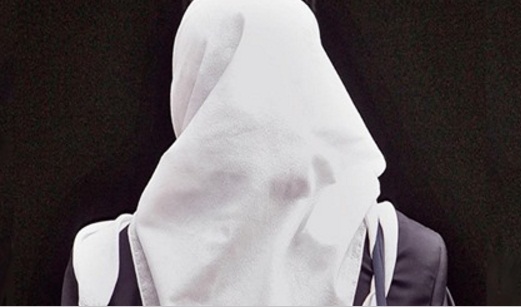
RNA - According to the FBI's Uniform Crime Report, hate crimes increased in 2015 by 7 percent nationally with a 67 percent spike in hate crimes against Muslims. The turbulent 2016 national election has further heightened the concerns and fears of vulnerable minorities, who may be exposed to the worst consequences of racism and religious bigotry.
Post-election accounts of intimidation directed at minorities equaled the number of incidents typically reported over a five to six month period, according to the Southern Poverty Law Center (a nonprofit organization that monitors hate groups and hate crimes). Its data also found that the highest percentage of these incidents were directed against African-Americans and immigrants. The Trump campaign also tweeted the false claim that 81 percent of white homicide victims were killed by black Americans, a massive distortion of the FBI's official data that places the figure at 15 percent.
Although as President-elect Donald Trump has asked his supporters to stop the harassment of Latinos, Muslims and others, during the campaign he called for barring Muslim refugees fleeing conflict areas from entering the United States and proposed surveillance of American mosques. The leadership of the nation's largest Muslim civil rights and advocacy organization, the Council on American-Islamic Relations (CAIR), recently joined 300 other American Muslim leaders in signing a letter to President-elect Trump asking him to reconsider elements of his campaign rhetoric and proposals.
Our national image of the United States as a "city on a hill" reflects our aspirations to achieve the ideals of liberty and equality that have always existed along with a darker reality of intimidation and violence against those perceived as outsiders. While attention to this historical undercurrent has been heightened nationally by the recent election, the challenge also exists in Utah.
Sen. Stephan Urquhart (R-St. George) made a promising attempt to address this situation in the 2016 Utah Legislature. His SB107 identified a hate crime as an attack upon a person, or a person's property, motivated by the defendant's knowledge or assumption about the individual's identity (typically falling within the most commonly marginalized groups) based on "ancestry, disability, ethnicity, gender, gender identity, national origin, race or religion." It also allowed for enhanced punishment beyond a misdemeanor in a hate crime conviction.
Potential First Amendment conflicts were eliminated by a companion bill (SJR13) that precluded the relevance of the defendant's comments or associations not directly tied to the incident. Ultimately, SB107 failed. However, in September, Sen. Daniel Thatcher (R-West Valley City) presented a draft hate crimes bill based on the essential elements of SB107 to the Law Enforcement and Criminal Justice Interim Committee. Thatcher prefers to call it a "victim selection" bill, and believes the additional year has allowed time for a positive reconsideration of its merits. The original bill had the support of the Catholic Diocese, the NAACP and Equality Utah, among others.
The Utah Citizens' Counsel believes the passage of such a bill would provide teeth to the legal guarantee of the essential right to personal security for the socially and politically powerless. It would also provide a powerful statement that Utah legislators oppose the more dangerous aspects of the recent surge in "white nationalism." Furthermore, its passage would reinforce the hope expressed by Dr. Martin Luther King Jr. that the "arc of the moral universe is long, but it bends toward justice."
847/940